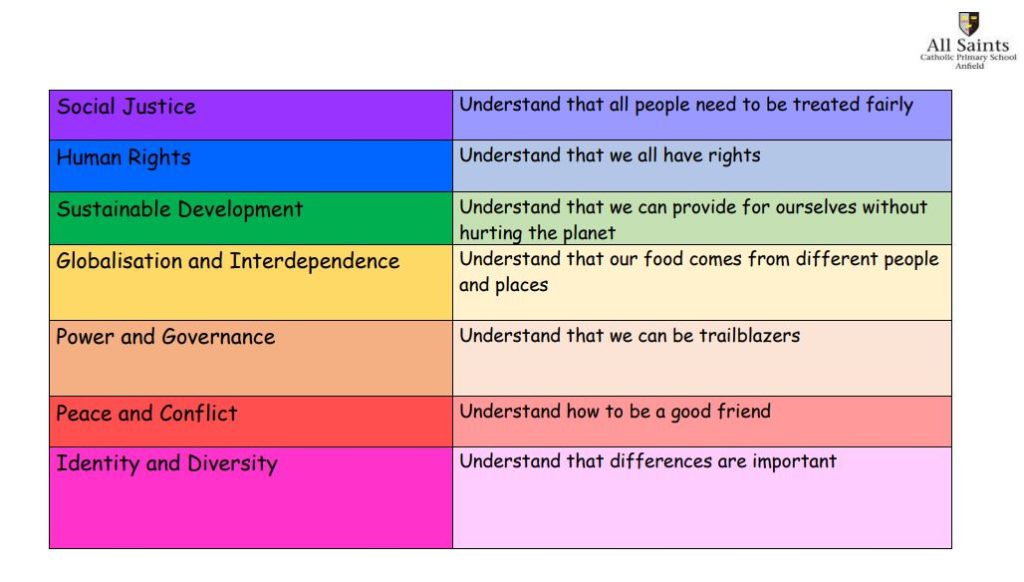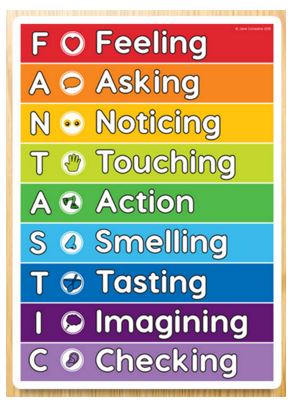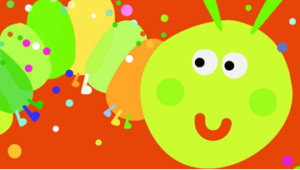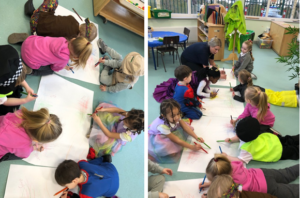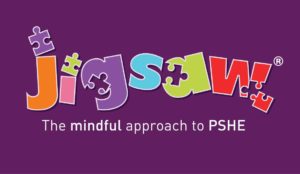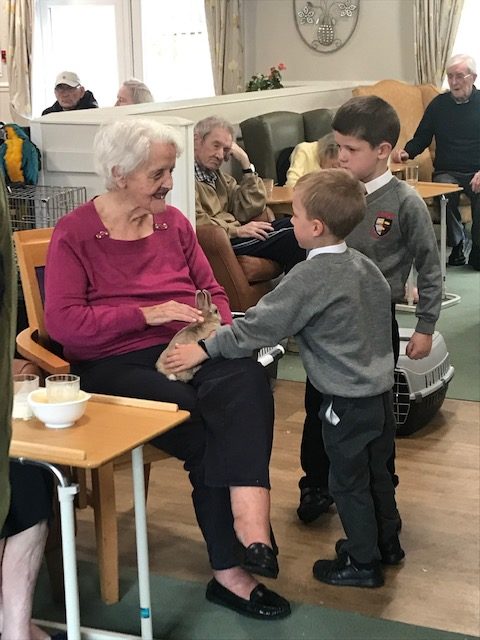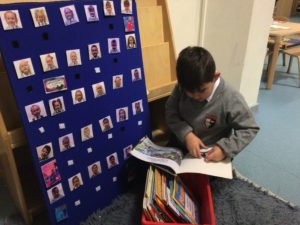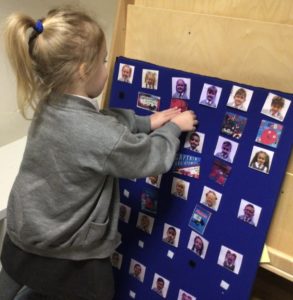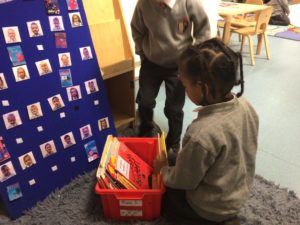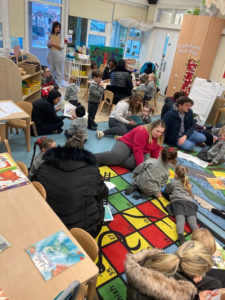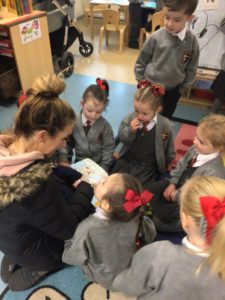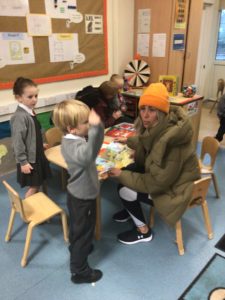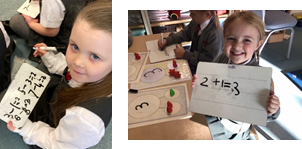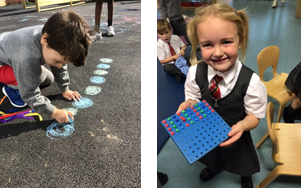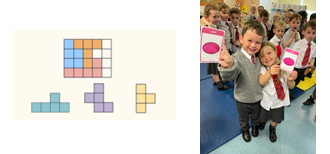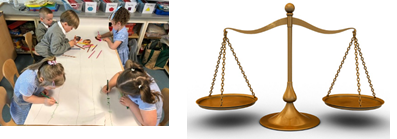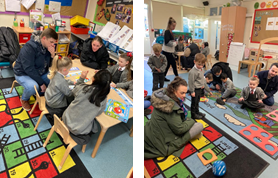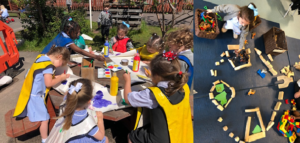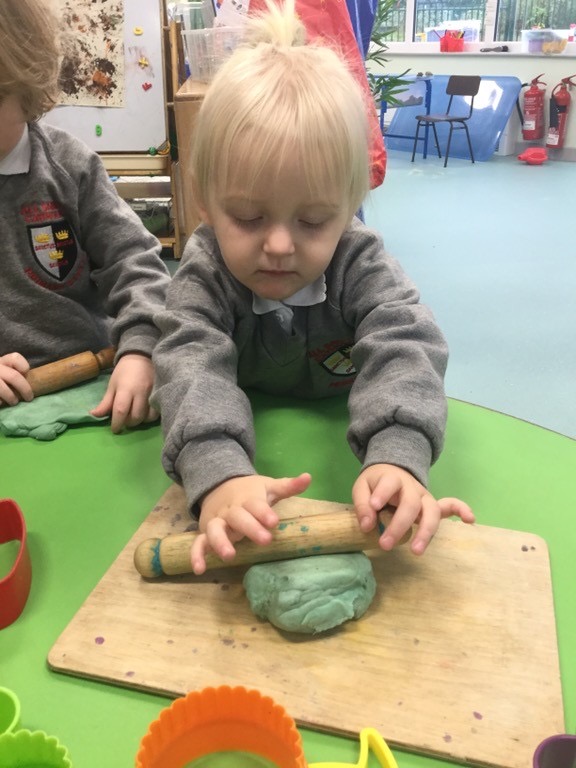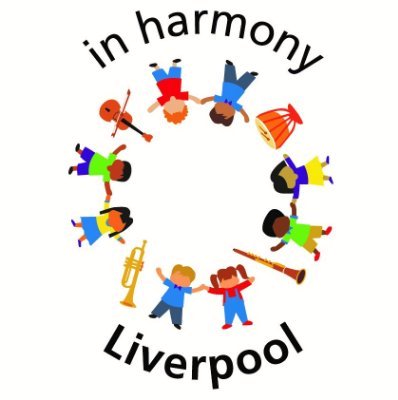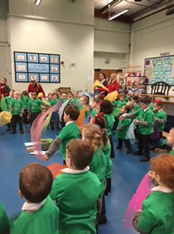Our All Saints EYFS Curriculum
At All Saints, we offer an ambitious EYFS curriculum that is a blend of the EYFS Framework, non-statutory guidance (Development Matters) and our own school’s values which centre around engaging themes linking to Big Ideas in global citizenship.
The seven themes that the children are exposed to throughout the year are:
Sustainable Development
Identity and Diversity
Globalisation and Interdependence
Social Justice
Human Rights
Power and Governance
Peace and Conflict
These themes are brought to life and made relevant for our youngest children through half-termly topics presented through high quality children’s literature and are supported by a progression of skills and knowledge-based objectives reinforced by the EYFS Educational Programs. Our curriculum is delivered through a blend of adult-led and child-initiated activities including daily free exploration time in our indoor and outdoor provision.
Here are our Long Term Plans:
